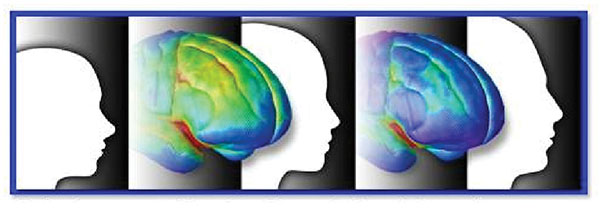Search
The Burden of Alcohol Use: Focus on Children and Preadolescents
The burden of alcohol use usually is expressed as a function of the contribution of alcohol use in a population to morbidity and mortality in that population (Rehm et al. 2010). It is difficult to calculate the burden of alcohol use for middle-school and high-school adolescents (see Patrick and Schulembery, p. 193 in this issue) and nearly impossible to do so for children and preadolescents. There...
Alcoholic Liver Disease: Pathogenesis and Current Management
Epigenetic Effects of Ethanol on the Liver and Gastrointestinal System
Epigenetic modifications are emerging as important dynamic mechanisms contributing to both transient and sustained changes in gene expression. In some cases, epigenetic changes even can be inherited, although the mechanism for this remains elusive. Several types of epigenetic modifications have been studied in recent years. For example, several laboratories have actively examined modifications, of...
Pathophysiology of the Effects of Alcohol Abuse on the Endocrine System
Electronic Feedback in College Student Drinking Prevention and Intervention
Natural Recovery by the Liver and Other Organs After Chronic Alcohol Use
Introduction
A vast body of evidence from human studies and animal research clearly indicates that chronic, heavy alcohol consumption causes structural damage and/or disrupts normal organ function in virtually every tissue of the body. In heavy consumers of alcohol, the liver is especially susceptible to alcohol-induced injury.1,2 Additionally, several other organs—including the gastrointestinal...
NIH’s Adolescent Brain Cognitive Development Study (ABCD Study)

Adolescence is the stage of life during which most people begin using alcohol, and it is also a time of considerable social, psychological, and physiological change. The brain, particularly the frontal cortex, continues to develop throughout adolescence and does not fully mature until early adulthood. Adolescent alcohol exposure can impair brain development, compromise short- and long-term...

